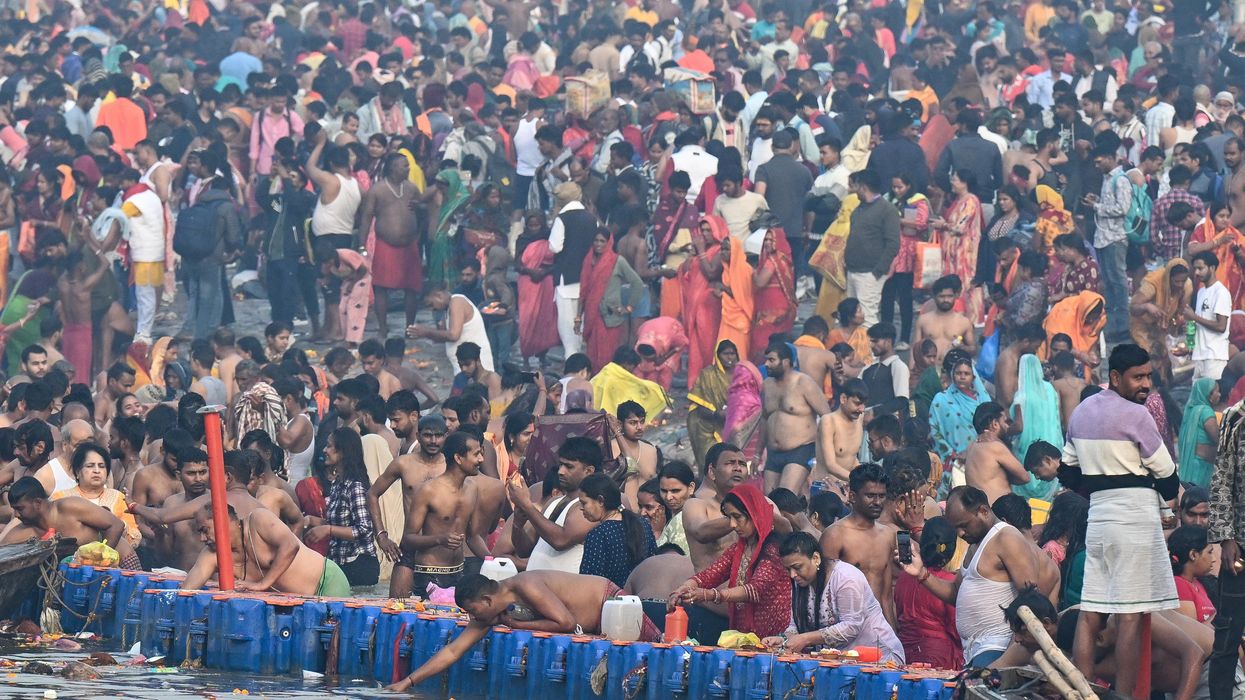INDIA's Maha Kumbh Mela festival concludes on Wednesday, marking the end of six weeks of religious ceremonies. Organisers say hundreds of millions of devotees attended the event, which featured ritual river bathing in Prayagraj.
The festival, held in Uttar Pradesh, witnessed two stampedes that resulted in dozens of deaths. However, Indian prime minister Narendra Modi’s Bharatiya Janata Party (BJP) has called the event a success, reinforcing its emphasis on Hindu traditions and religious gatherings.
Modi and Uttar Pradesh state's chief minister Yogi Adityanath, both of whom participated in the festival, described this year's Mela as the "grandest" ever. Modi took part in the ritual bathing at the confluence of the Ganges and Yamuna rivers.
The Kumbh Mela is based on Hindu mythology, which describes a battle between deities and demons over a pitcher containing the nectar of immortality.
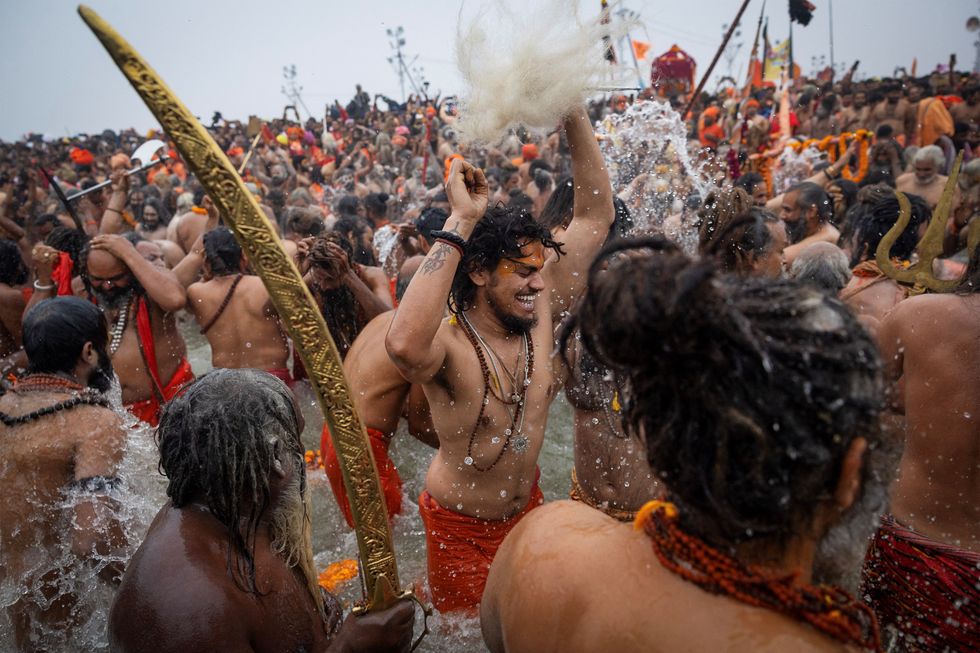
This year’s festival began on 13 January and concludes on Maha Shivaratri, a Hindu festival dedicated to Lord Shiva.
"Our purpose to visit on Maha Shivaratri was to worship Lord Shiva," said 21-year-old devotee Shivam Kumar.
Helicopters showered flower petals over the large crowds as they took part in early morning bathing rituals.
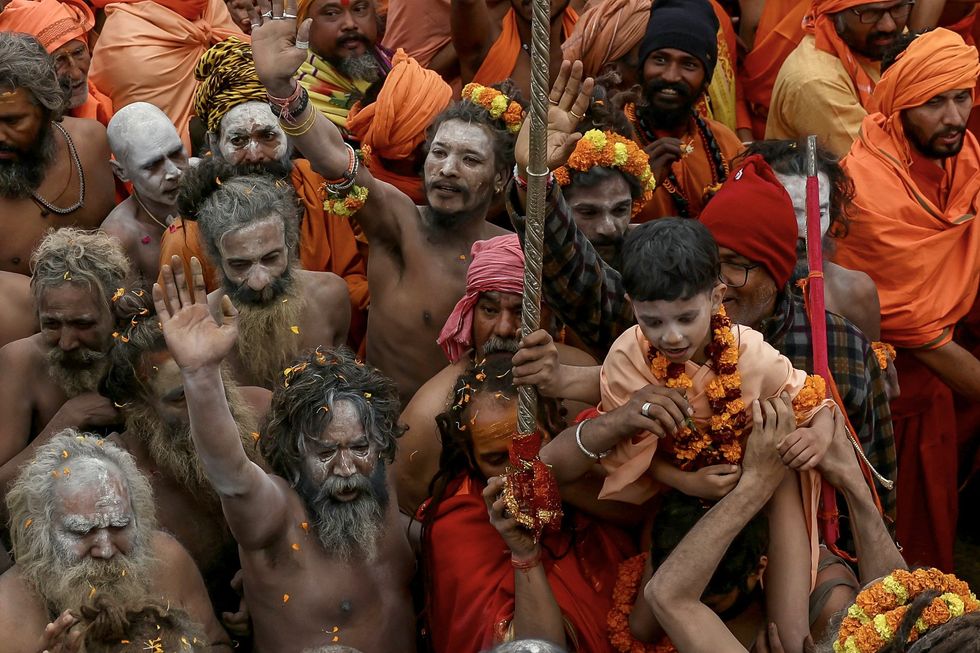
Festival attendance and tragedies
According to figures from the Uttar Pradesh state government, more than 640 million devotees attended the festival.
Authorities say artificial intelligence and surveillance cameras were used to estimate the turnout.
On the final day, more than eight million people were reported to have taken a dip in the river despite concerns over water pollution levels.
The event was overshadowed by a stampede on 29 January that killed at least 30 people and left 90 others injured. Initially, officials denied any serious casualties, despite video footage from the scene.
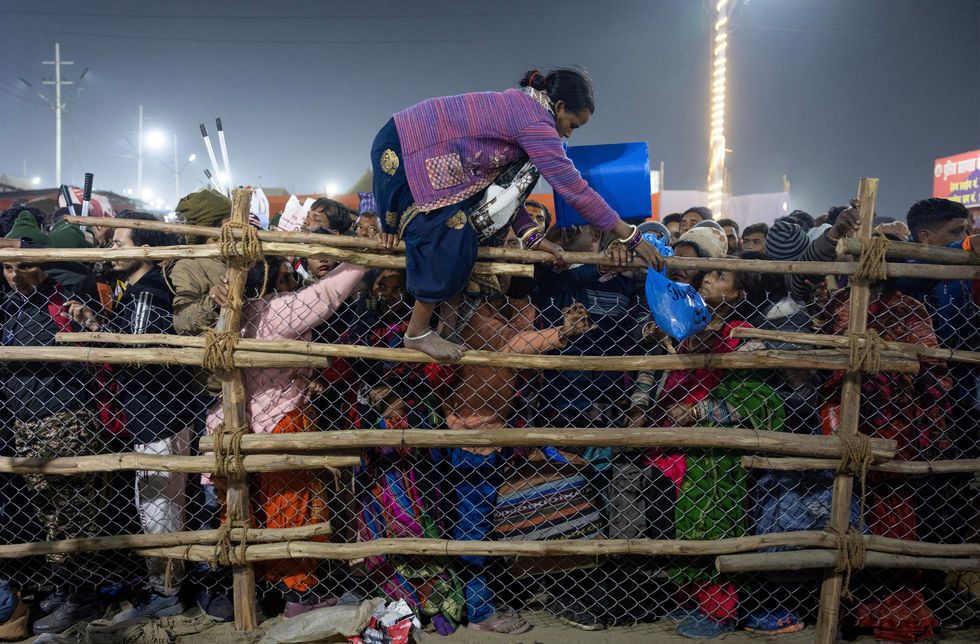
Earlier this month, another stampede at New Delhi’s main railway station led to the deaths of 18 people as crowds rushed to board trains to Prayagraj.
Despite these incidents, millions continued to visit the festival site, which spans a massive temporary township along the riverbanks.
As the festival ends, organisers now face the challenge of clearing the site and managing the departure of pilgrims.
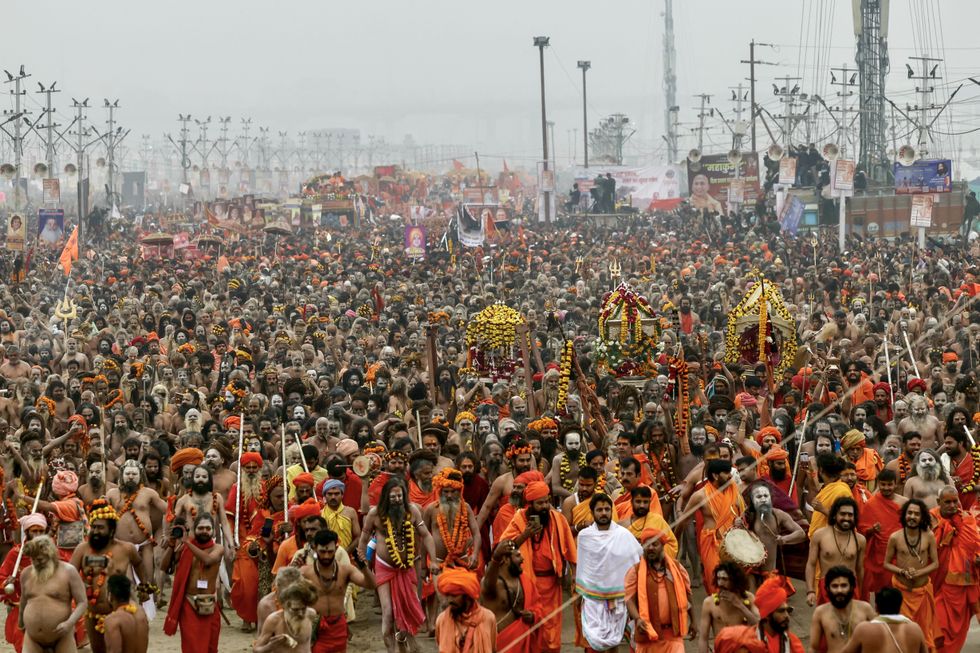
Deepak Prajapati, 43, who visited on the final day, said his family believed it was an auspicious occasion.
"We hope that our family has found salvation from the cycle of life and death," he told AFP.
(With inputs from AFP)
